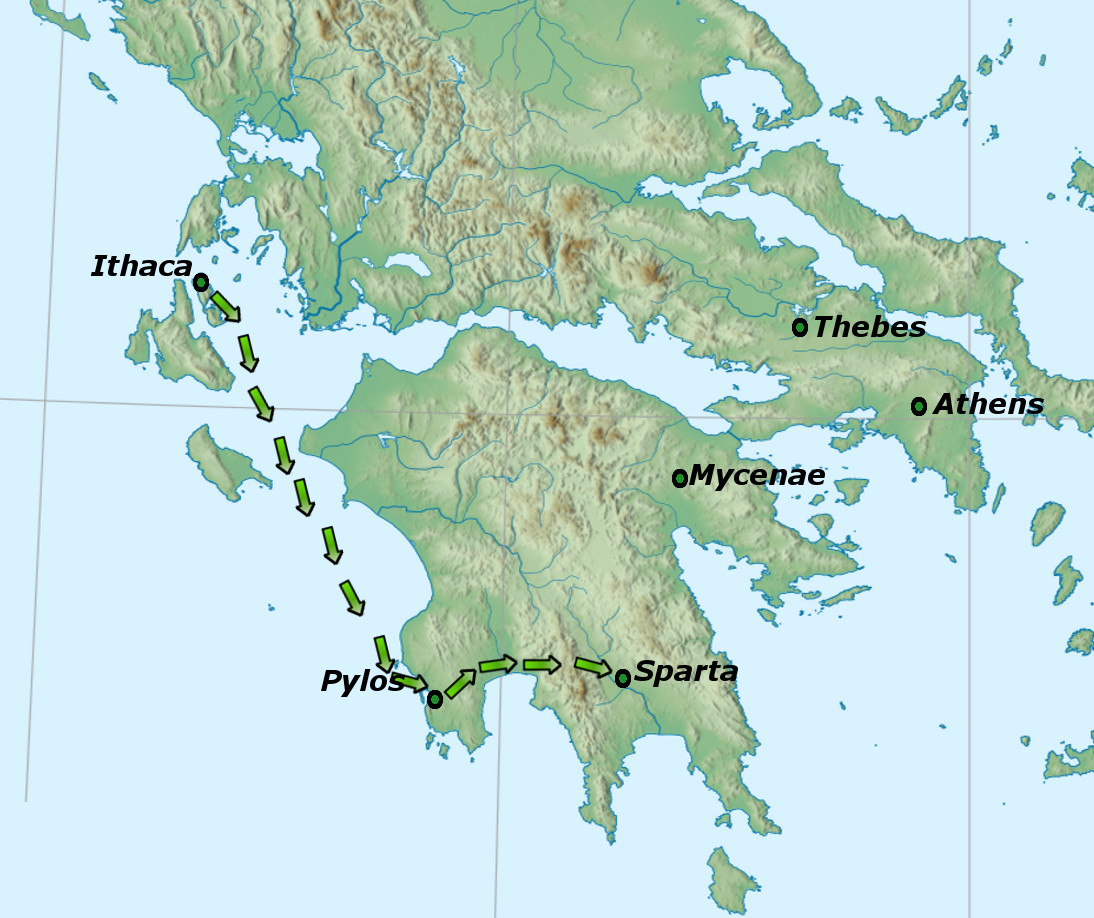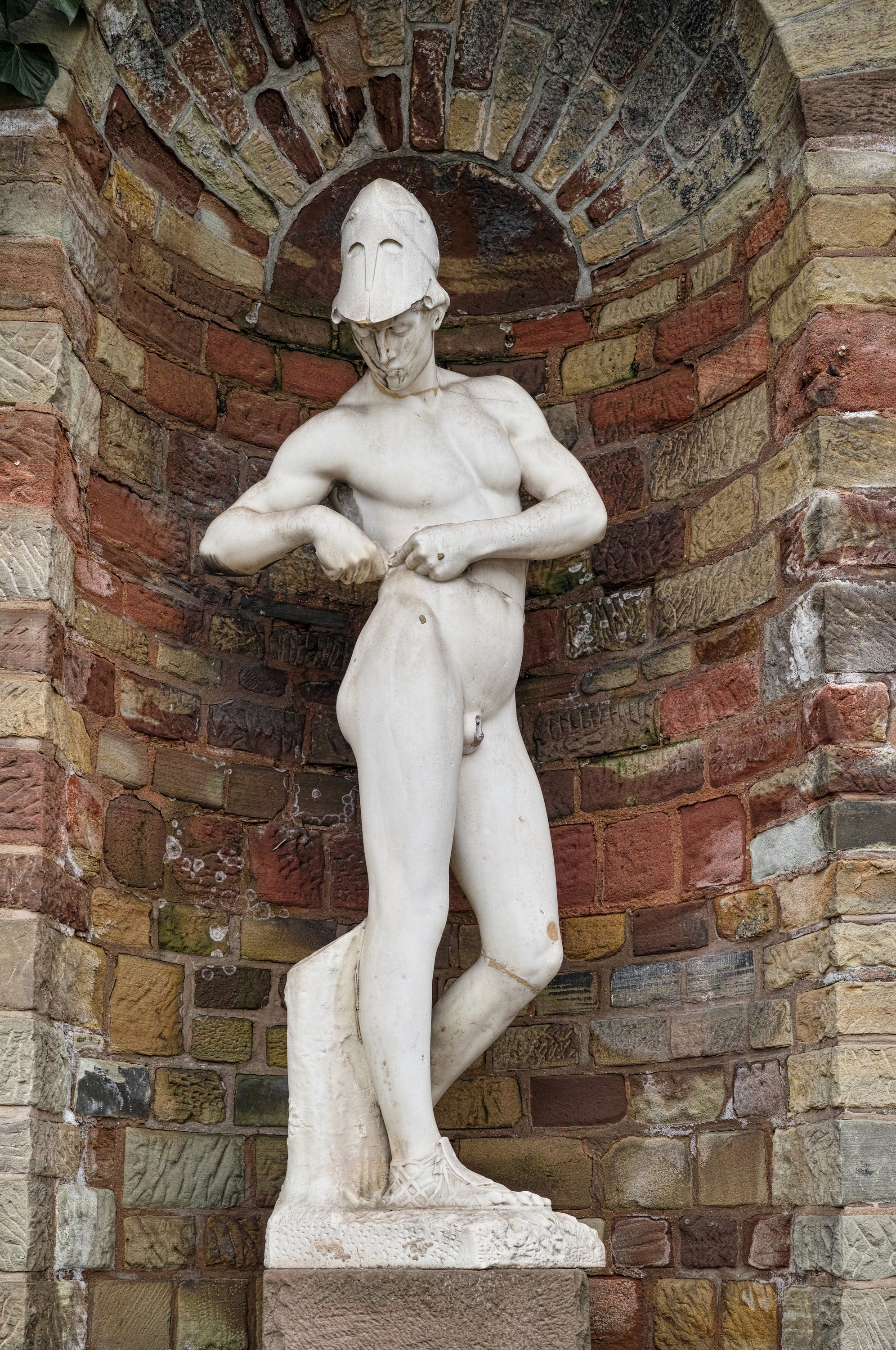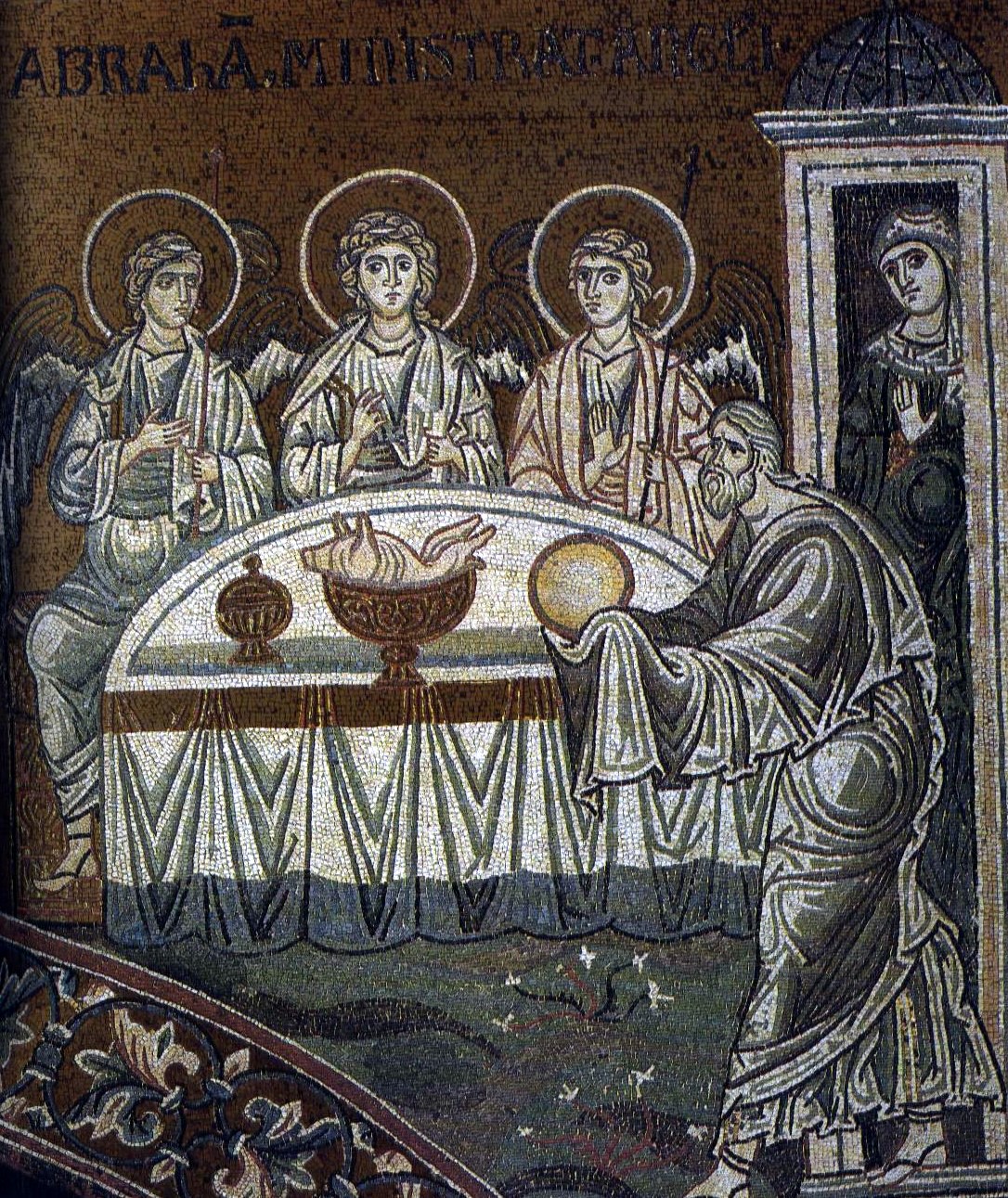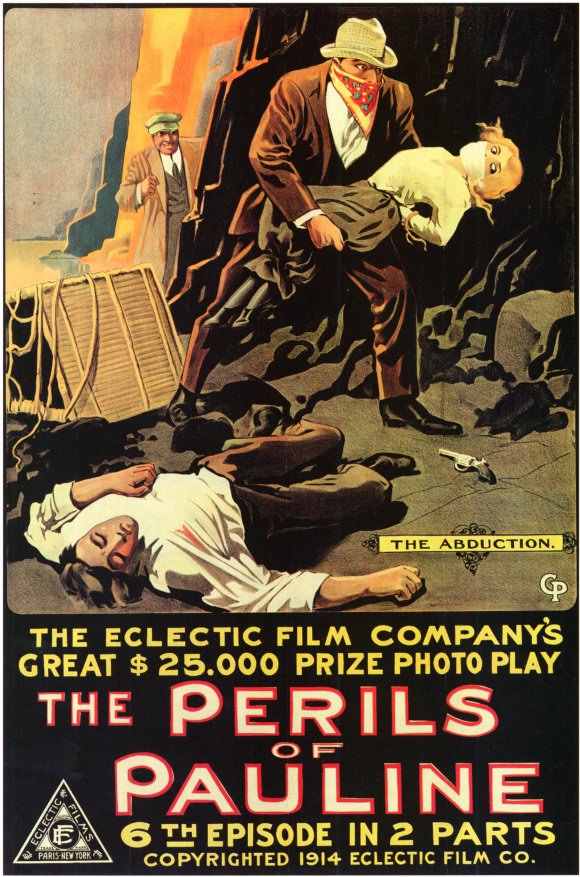|
Telemachy
The ''Telemachy'' (from Greek Τηλεμάχεια, ''Tēlemacheia'') is a term traditionally applied to the first four books of Homer's epic poem the ''Odyssey''. They are named so because, just as the ''Odyssey'' tells the story of Odysseus, they tell the story of Odysseus's son Telemachus as he journeys from home for the first time in search of news about his missing father. The ''Telemachy'' as an introduction to the ''Odyssey'' The ''Odyssey'' is a ''nostos'' that recalls the story of Odysseus' journey home to Ithaca, finally completed twenty years after the Trojan War began. Odysseus, however, does not directly appear in the narrative until Book 5. Instead, the ''Telemachys subject is the effect of Odysseus' absence on his family, Telemachus in particular. The first four books of the ''Odyssey'' give the reader a glimpse of the goings-on at the palace in Ithaca. There are a multitude of suitors vying for Penelope's hand in marriage, consuming the absent king's estate. The ... [...More Info...] [...Related Items...] OR: [Wikipedia] [Google] [Baidu] |
Telemachus Map
Telemachus ( ; grc, Τηλέμαχος, Tēlemakhos, lit=far-fighter), in Greek mythology, is the son of Odysseus and Penelope, who is a central character in Homer's ''Odyssey''. When Telemachus reached manhood, he visited Pylos and Sparta in search of his wandering father. On his return to Ithaca, he found that Odysseus had reached home before him. The first four books of the ''Odyssey'' focus on Telemachus's journeys in search of news about his father, who has yet to return home from the Trojan War, and are traditionally given the title the ''Telemachy''. Etymology Telemachus's name in Greek means "far from battle", or perhaps "fighting from afar", as a bowman does. ''Odyssey'' In Homer's ''Odyssey'', Telemachus, under the instructions of Athena (who accompanies him during the quest), spends the first four books trying to gain knowledge of his father, Odysseus, who left for Troy when Telemachus was still an infant. At the outset of Telemachus' journey, Odysseus had been ab ... [...More Info...] [...Related Items...] OR: [Wikipedia] [Google] [Baidu] |
Homer
Homer (; grc, Ὅμηρος , ''Hómēros'') (born ) was a Greek poet who is credited as the author of the ''Iliad'' and the ''Odyssey'', two epic poems that are foundational works of ancient Greek literature. Homer is considered one of the most revered and influential authors in history. Homer's ''Iliad'' centers on a quarrel between King Agamemnon and the warrior Achilles during the last year of the Trojan War. The ''Odyssey'' chronicles the ten-year journey of Odysseus, king of Ithaca, back to his home after the fall of Troy. The poems are in Homeric Greek, also known as Epic Greek, a literary language which shows a mixture of features of the Ionic and Aeolic dialects from different centuries; the predominant influence is Eastern Ionic. Most researchers believe that the poems were originally transmitted orally. Homer's epic poems shaped aspects of ancient Greek culture and education, fostering ideals of heroism, glory, and honor. To Plato, Homer was simply the one who ... [...More Info...] [...Related Items...] OR: [Wikipedia] [Google] [Baidu] |
Odyssey
The ''Odyssey'' (; grc, Ὀδύσσεια, Odýsseia, ) is one of two major Ancient Greek literature, ancient Greek Epic poetry, epic poems attributed to Homer. It is one of the oldest extant works of literature still widely read by modern audiences. As with the ''Iliad'', the poem is divided into 24 books. It follows the Greek hero cult, Greek hero Odysseus, king of Homer's Ithaca, Ithaca, and his journey home after the Trojan War. After the war, which lasted ten years, his journey lasted for ten additional years, during which time he encountered many perils and all his crew mates were killed. In his absence, Odysseus was assumed dead, and his wife Penelope and son Telemachus had to contend with a Suitors of Penelope, group of unruly suitors who were competing for Penelope's hand in marriage. The ''Odyssey'' was originally composed in Homeric Greek in around the 8th or 7th century BCE and, by the mid-6th century BCE, had become part of the Greek literary canon. In Classic ... [...More Info...] [...Related Items...] OR: [Wikipedia] [Google] [Baidu] |
Telemachus
Telemachus ( ; grc, Τηλέμαχος, Tēlemakhos, lit=far-fighter), in Greek mythology, is the son of Odysseus and Penelope, who is a central character in Homer's ''Odyssey''. When Telemachus reached manhood, he visited Pylos and Sparta in search of his wandering father. On his return to Ithaca, he found that Odysseus had reached home before him. The first four books of the ''Odyssey'' focus on Telemachus's journeys in search of news about his father, who has yet to return home from the Trojan War, and are traditionally given the title the ''Telemachy''. Etymology Telemachus's name in Greek means "far from battle", or perhaps "fighting from afar", as a bowman does. ''Odyssey'' In Homer's ''Odyssey'', Telemachus, under the instructions of Athena (who accompanies him during the quest), spends the first four books trying to gain knowledge of his father, Odysseus, who left for Troy when Telemachus was still an infant. At the outset of Telemachus' journey, Odysseus had been ab ... [...More Info...] [...Related Items...] OR: [Wikipedia] [Google] [Baidu] |
Telemachos Im Palast Von Menelaos
Telemachus ( ; grc, Τηλέμαχος, Tēlemakhos, lit=far-fighter), in Greek mythology, is the son of Odysseus and Penelope, who is a central character in Homer's ''Odyssey''. When Telemachus reached manhood, he visited Pylos and Sparta in search of his wandering father. On his return to Ithaca, he found that Odysseus had reached home before him. The first four books of the ''Odyssey'' focus on Telemachus's journeys in search of news about his father, who has yet to return home from the Trojan War, and are traditionally given the title the ''Telemachy''. Etymology Telemachus's name in Greek means "far from battle", or perhaps "fighting from afar", as a bowman does. ''Odyssey'' In Homer's ''Odyssey'', Telemachus, under the instructions of Athena (who accompanies him during the quest), spends the first four books trying to gain knowledge of his father, Odysseus, who left for Troy when Telemachus was still an infant. At the outset of Telemachus' journey, Odysseus had been ab ... [...More Info...] [...Related Items...] OR: [Wikipedia] [Google] [Baidu] |
Xenia (Greek)
Xenia ( el, ξενία) is an ancient Greek concept of hospitality. It is almost always translated as 'guest-friendship' or 'ritualized friendship'. It is an institutionalized relationship rooted in generosity, gift exchange, and reciprocity. Historically, hospitality towards foreigners and guests (Hellenes not of your polis) was understood as a moral obligation. Hospitality towards foreign Hellenes honored Zeus ''Xenios'' (and Athene ''Xenia'') patrons of foreigners. The rituals of hospitality created and expressed a reciprocal relationship between guest and host expressed in both material benefits (e.g. gifts, protection, shelter) as well as non-material ones (e.g. favors, certain normative rights). The word is derived from '' xenos'' 'stranger'. The Greek god Zeus is sometimes called Zeus Xenios in his role as a protector of strangers. He thus embodied the moral obligation to be hospitable to foreigners and guests. Theoxeny or ''theoxenia'' is a theme in Greek mythology in ... [...More Info...] [...Related Items...] OR: [Wikipedia] [Google] [Baidu] |
Athena
Athena or Athene, often given the epithet Pallas, is an ancient Greek goddess associated with wisdom, warfare, and handicraft who was later syncretized with the Roman goddess Minerva. Athena was regarded as the patron and protectress of various cities across Greece, particularly the city of Athens, from which she most likely received her name. The Parthenon on the Acropolis of Athens is dedicated to her. Her major symbols include owls, olive trees, snakes, and the Gorgoneion. In art, she is generally depicted wearing a helmet and holding a spear. From her origin as an Aegean palace goddess, Athena was closely associated with the city. She was known as ''Polias'' and ''Poliouchos'' (both derived from ''polis'', meaning "city-state"), and her temples were usually located atop the fortified acropolis in the central part of the city. The Parthenon on the Athenian Acropolis is dedicated to her, along with numerous other temples and monuments. As the patron of craft and weav ... [...More Info...] [...Related Items...] OR: [Wikipedia] [Google] [Baidu] |
Cliffhanger
A cliffhanger or cliffhanger ending is a plot device in fiction which features a main character in a precarious or difficult dilemma or confronted with a shocking revelation at the end of an episode or a film of serialized fiction. A cliffhanger is hoped to incentivize the audience to return to see how the characters resolve the dilemma. Some serials end with the caveat, "To Be Continued" or "The End?". In serial films and television series the following episode sometimes begins with a recap sequence. Cliffhangers were used as literary devices in several works of the Middle Ages with '' One Thousand and One Nights'' ending on a cliffhanger each night. Cliffhangers appeared as an element of the Victorian era serial novel that emerged in the 1840s, with many associating the form with Charles Dickens, a pioneer of the serial publication of narrative fiction.Grossman, Jonathan H. (2012). ''Charles Dickens's Networks: Public Transport and the Novel''. p. 54. Oxford: Oxford Universi ... [...More Info...] [...Related Items...] OR: [Wikipedia] [Google] [Baidu] |
Orestes
In Greek mythology, Orestes or Orestis (; grc-gre, Ὀρέστης ) was the son of Clytemnestra and Agamemnon, and the brother of Electra. He is the subject of several Ancient Greek plays and of various myths connected with his madness and purification, which retain obscure threads of much older ones. Etymology The Greek name Ὀρέστης, having become "Orestēs" in Latin and its descendants, is derived from Greek ὄρος (óros, “mountain”) and ἵστημι (hístēmi, “to stand”), and so can be thought to have the meaning "stands on a mountain". Greek literature Homer In the Homeric telling of the story, Orestes is a member of the doomed house of Atreus, which is descended from Tantalus and Niobe. He is absent from Mycenae when his father, Agamemnon, returns from the Trojan War with the Trojan princess Cassandra as his concubine, and thus not present for Agamemnon's murder by Aegisthus, the lover of his wife, Clytemnestra. Seven years later, Orestes retu ... [...More Info...] [...Related Items...] OR: [Wikipedia] [Google] [Baidu] |
Nestor (mythology)
In Greek mythology Nestor of Gerenia ( grc, Νέστωρ Γερήνιος, ''Nestōr Gerēnios'') was a legendary king of Pylos. He is a prominent secondary character in Homer's ''Iliad'' and ''Odyssey'', where he appears as an elderly warrior who frequently offers long-winded advice to the other characters. The Mycenaean-era palace at Pylos is known as the ''Palace of Nestor'', though there is no evidence that he was an actual person. Description In the account of Dares the Phrygian, Nestor was illustrated as ". . . large, broad and fair. His nose was long and hooked. He was a wise adviser." Family Nestor was the son of King Neleus of Pylos and Chloris, daughter of King AmphionApollodorus, '' Bibliotheca'' 1.9.9; Scholia on Homer, ''Odyssey'' 11.281 citing Pherecydes of Orchomenus. Otherwise, Nestor's mother was called Polymede. His wife was either Eurydice or Anaxibia; their children included Peisistratus, Thrasymedes, Pisidice, Polycaste, Perseus, Stratichus, ... [...More Info...] [...Related Items...] OR: [Wikipedia] [Google] [Baidu] |
Sparta
Sparta ( Doric Greek: Σπάρτα, ''Spártā''; Attic Greek: Σπάρτη, ''Spártē'') was a prominent city-state in Laconia, in ancient Greece. In antiquity, the city-state was known as Lacedaemon (, ), while the name Sparta referred to its main settlement on the banks of the Eurotas River in Laconia, in south-eastern Peloponnese. Around 650 BC, it rose to become the dominant military land-power in ancient Greece. Given its military pre-eminence, Sparta was recognized as the leading force of the unified Greek military during the Greco-Persian Wars, in rivalry with the rising naval power of Athens. Sparta was the principal enemy of Athens during the Peloponnesian War (431–404 BC), from which it emerged victorious after the Battle of Aegospotami. The decisive Battle of Leuctra in 371 BC ended the Spartan hegemony, although the city-state maintained its political independence until its forced integration into the Achaean League in 192 BC. The city nevertheless ... [...More Info...] [...Related Items...] OR: [Wikipedia] [Google] [Baidu] |


_-_Homer_and_his_Guide_(1874).jpg)








